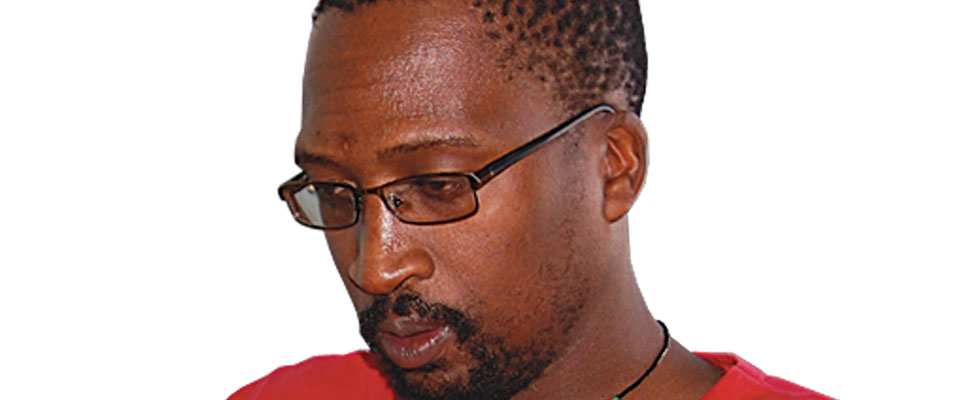
The outbreak of the deadly Ebola virus in West Africa evokes both sadness and self-introspection for many an African.
Takura Zhangazha
The loss of lives is both to the fact that the virus is incurable as well as the poor health facilities in the areas directly affected.
These factors have been compounded by the fact that the citizens affected have limited knowledge about how to prevent the disease.
In Liberia, there have been forced quarantines of residents of some cities that have led to demonstrations and riots.
Liberian President Ellen Johnson Sirleaf has also had to fire government officials who fled their own country for fear of catching the dreaded virus.
Elsewhere on the continent, governments have been trying to calm concerned and panicky citizens that they are doing everything in their control to prevent any infected persons crossing borders.
Globally, there is a narrative that is familiar to many and largely purveyed through the media.This being the projection of Africa as a place of disease and death.
- Chamisa under fire over US$120K donation
- Mavhunga puts DeMbare into Chibuku quarterfinals
- Pension funds bet on Cabora Bassa oilfields
- Councils defy govt fire tender directive
Keep Reading
Partly because the Ebola virus is killing many innocent souls, but also because this is how the global West and East prefer to view our continent.
It, however, does not end there. Africa also needs help to stem the epidemic in providing both the medial personnel as well as medicines that are urgently required.
So once again, Africa is in sadly familiar territory wherein we are unable to respond to crises that affect us not for lack of will, but for lack of capacity and preparedness.
The latter two stem largely from the fact that we do not have adequately contextualised knowledge production systems or governments that function conscientiously on behalf of the people they claim to lead.
In considering our lack of knowledge production as well capacity utilisation of the same, it is important to remember that this is not the first time Ebola has affected the continent.
The first outbreak, which was officially recorded in then Zaire, now Democratic Republic of the Congo, should have seen us learning from that experience and crafting the right responses.
The truth of the matter is that we never took it seriously. Because then Zaire was considered a Conradian backwater, it is possible that the initial outbreak was not taken as seriously as it should have been.
Where we fast-forward to recent years, the greatest challenge in combating the disease from an African perspective has largely resided in our continually poor medical knowledge and facility infrastructure.
This state of affairs has been blamed largely on the lack of resources. A different and better way to look at it is the lack of prioritisation of health service provision by governments not only in the West African region, but in most parts of the continent.
Add to this, the lack of not only academic freedom, but over-reliance on foreign medical knowledge production systems, inventions and technology.
Moreover our models of health service provision, because of our wholesale adoption of privatisation and neo-liberal frameworks, have now become the preserve of those in upper echelons of society.
Hence a government, as did the Liberian one, can quarantine those in poor, crowded places.
So when arguments are raised about how the economic impact of the current epidemic relates to the loss of markets, these ironically miss the essential point that it is because of lack of public health services to poor communities and regions that it has spun out of control.
The biggest indictment for our continental failure to manage the current outbreak in a much more concerted and holistic way falls squarely on the shoulders of Africa’s political and business leadership.
The political leaders, in the sense that they have sought more personal aggrandisement and pandering to de-contextualised economic development models than they have been people-centred.
The business leaders, in not only taking advantage of these proclivities of the political leaders, but also being a comprador bourgeoisie that mimics with little contextual production or social democratic intent the practices of transnational companies.
With this approach by business and the scramble for either a cure or a vaccine, what we are faced with are the ominous prospects of disaster capitalism, where instead of rectifying the actual problem of lack of health service provision, the outbreak will be used to fortify elitist privatised healthcare. Takura Zhangazha writes here in his personal capacity (takura-zhangazha.blogspot.com)











